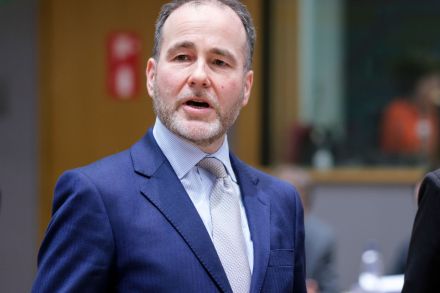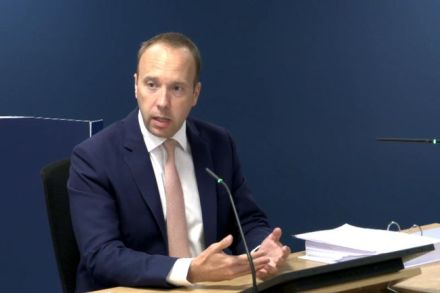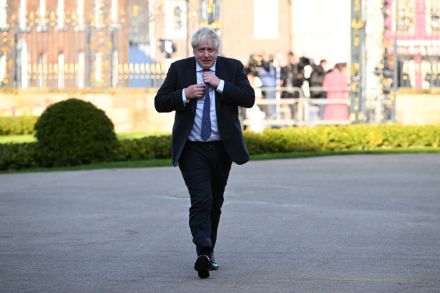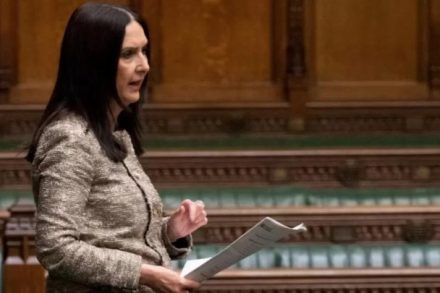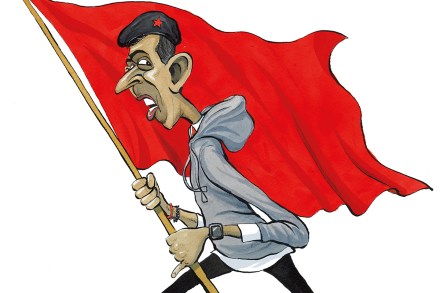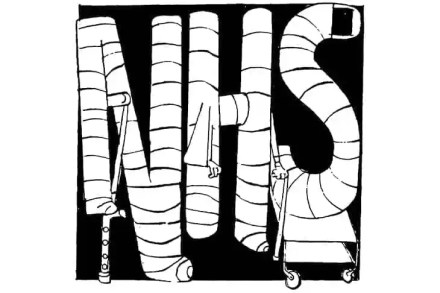Chris Pincher’s suspension spells more trouble for Rishi Sunak
14 min listen
A year on from allegations that Chris Pincher groped two young men at the Carlton Club (allegations that ultimately triggered the downfall of Boris Johnson), Parliament’s standards watchdog has now found that Pincher brought the House into disrepute and recommended an eight-week suspension. On the podcast, Isabel Hardman says that this makes a by-election in his constituency of Tamworth a question of when, not if. But even worse for the Conservative party, their newly-selected candidate in that constituency is the current MP of another constituency. Cindy Yu talks to Isabel and Katy Balls about the mess that CCHQ finds itself in now. Produced by Cindy Yu.
